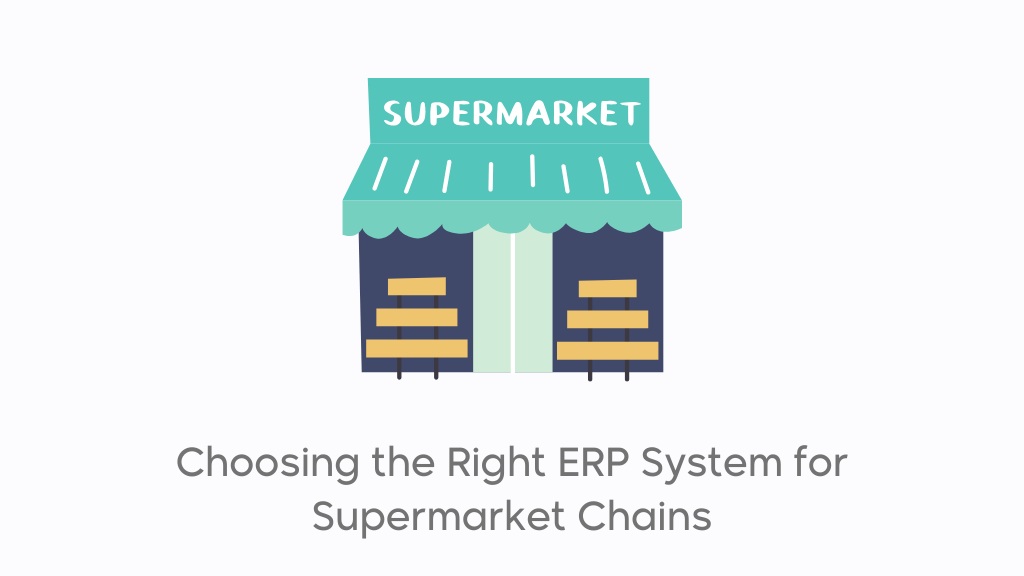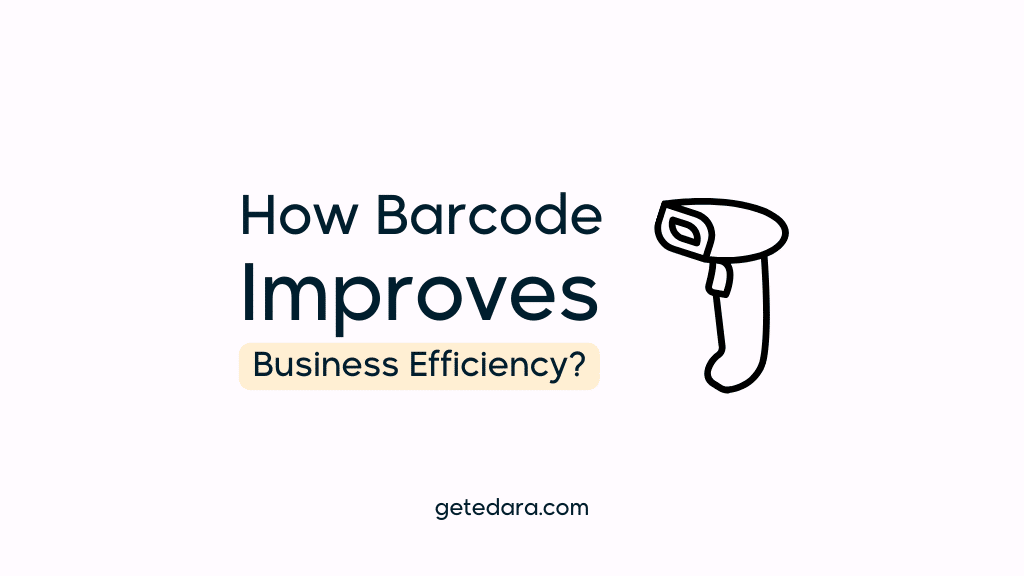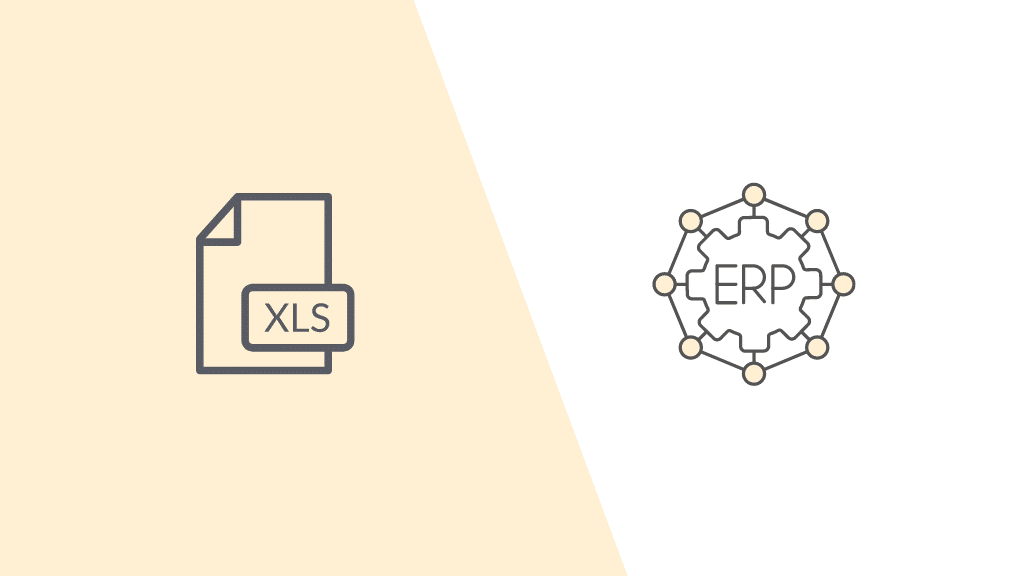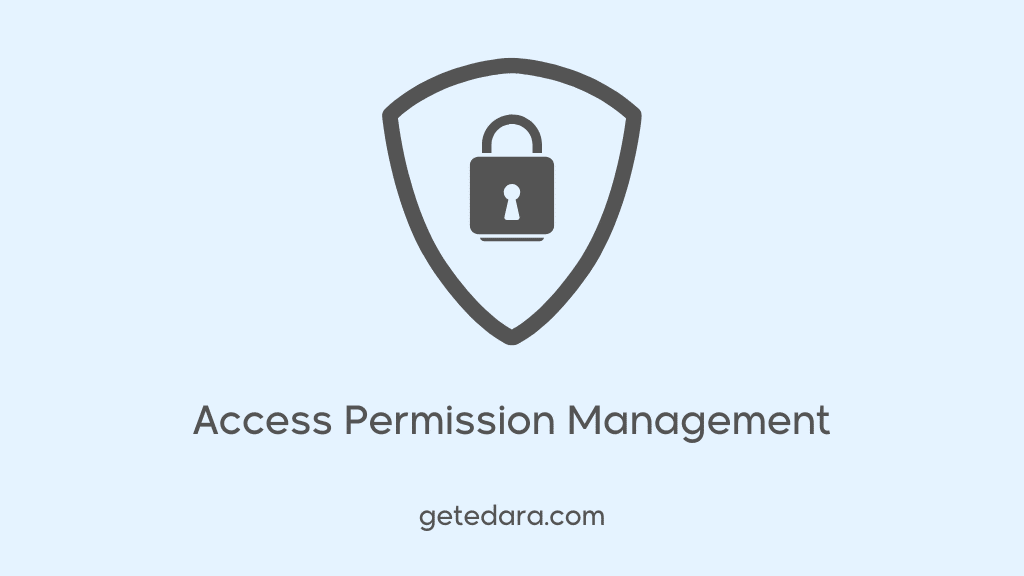How to Choose the Right ERP System for Supermarket Chains
3 Reading minutes
According to Gartner, more than 70% of ERP implementations fail to achieve their business objectives, with 25% of these failures being catastrophic.
This highlights the critical need for businesses, especially supermarket chains, to carefully select an ERP system that aligns with their operational needs and strategic goals.
Proper planning, clear requirements, and effective change management are essential to avoiding costly failures and ensuring that the ERP system enhances efficiency rather than becoming a business challenge.
How to Choose the Right ERP System for Supermarket Chains
Selecting the right ERP system is a crucial step in streamlining daily operations and improving efficiency. To make an informed choice, follow these key steps:
Identifying Your Supermarket’s Needs
Are you managing a small supermarket with a single brand, or do you have multiple branches? Do you require advanced inventory tracking due to a diverse product range, or are your offerings more limited?
Understanding your business’s unique requirements is the first step in selecting an ERP system. Smaller supermarkets might only need a basic point-of-sale (POS) system for seamless transactions, whereas larger chains require a cloud-based ERP to centralize operations.
This ensures real-time inventory tracking, multi-branch management, supplier coordination, employee administration, and comprehensive financial reporting.
Identifying the Essential Features an ERP System Should Provide for Supermarket Chains
Once you’ve identified your needs, the next step is to evaluate the essential features an ERP system must provide for supermarket chains:
Inventory Management
The ERP should enable real-time tracking of stock levels to prevent shortages or overstocking. Additionally, it should send alerts for low stock or items nearing expiration.
Sales Management
Integration with a POS system ensures that sales data is instantly updated with inventory movements. It should also support tracking promotions and discounts.
Accounting & Financial Management
A strong ERP system should offer financial reporting, expense tracking, and automated revenue analysis to support better decision-making.
Supplier & Purchase Management
Supermarkets rely on multiple suppliers, so the system must streamline procurement, monitor invoices, and optimize cash flow.
Reporting & Analytics
Comprehensive sales, cost, and profitability reports help in making data-driven strategic decisions.
Availability of an Order Management System
An ERP system for supermarket chains should include an order management feature that supports delivery requests, tracks orders from placement to fulfillment, and automatically updates inventory and sales data.
It should also manage customer details, such as preferred addresses and order history, to enhance customer experience and loyalty.
Security Considerations
Security is crucial when selecting an ERP system, as it handles sensitive data like customer information and financial transactions. Ensure the system provides:
- Access control settings to manage user permissions.
- Regular data backups for recovery in case of failure.
- Continuous security updates to prevent threats.
- Advanced encryption to protect data in transit and storage.
Cost Evaluation
ERP system costs vary based on the type selected. Ready-made systems have fixed pricing, covering licenses and core features with ongoing maintenance fees.
Customizable or open-source systems may require additional expenses for coding, modifications, and implementation.
Ongoing Technical Support
Even well-functioning ERP systems require ongoing support. Ensure the provider offers responsive technical support via multiple communication channels like phone and email. Regular updates and maintenance are also necessary to maintain performance and reliability.
Optimize Your Supermarket Chain with “Edara“
“Edara” is a cloud-based accounting system designed to streamline supermarket operations, from inventory tracking and purchasing to sales monitoring and financial reporting.
It offers real-time insights into stock levels, top-selling products, and financial performance, ensuring better decision-making. With seamless sales-accounting integration, generating accurate financial reports becomes effortless.
Choosing the right ERP requires careful evaluation of your needs. “Edara” provides a comprehensive solution tailored for supermarket chains.
For more details, contact us today.
Related articles
How Barcode Improves Business Efficiency?
At first glance, a barcode might seem like nothing more than a simple arrangement of lines and numbers. However, beneath this seemingly basic design lies a powerful tool for precise…
Excel vs. ERP: Making the Right Choice for Business Management
Is a Bike More Beneficial Than a Car? Can we really compare a bike's speed and efficiency to that of a car? The comparison isn't entirely logical because each serves…
The importance of controlling user permissions
A routine financial review turned alarming when Mr. Ahmed, the accounting manager, discovered unauthorized changes to sales data by a team member who shouldn't have had access privileges. This breach…


